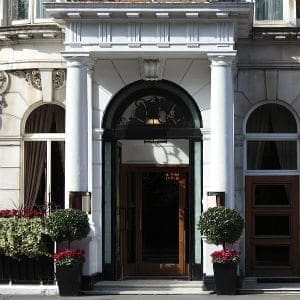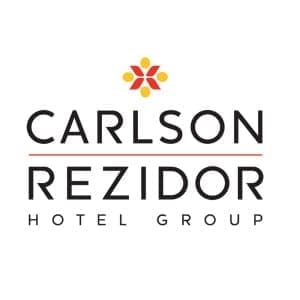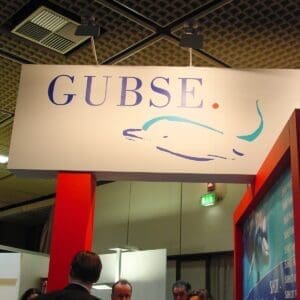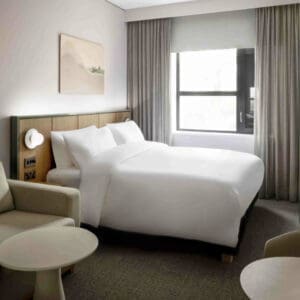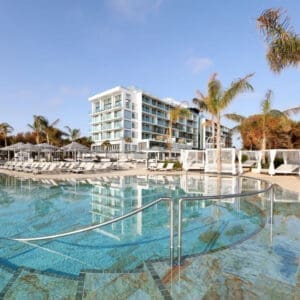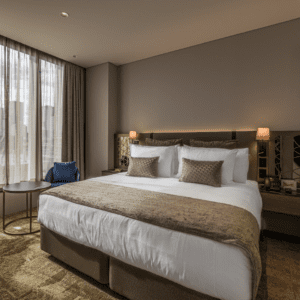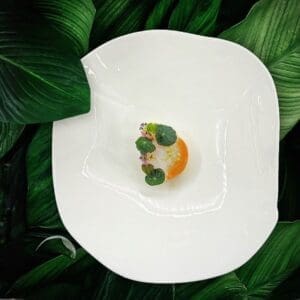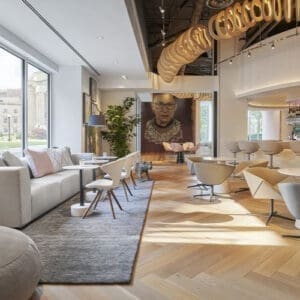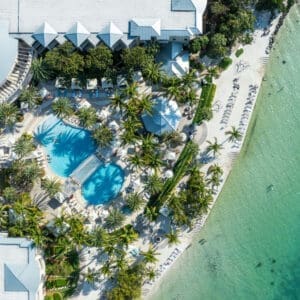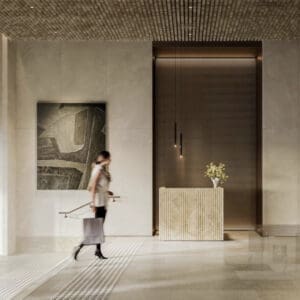
Rotana has revealed plans to further expand its presence in the United Arab Emirates. The company will open 9 new hotels in the UAE over the next five years, including four properties in the capital Abu Dhabi and another five properties in Dubai, Guy Hutchinson, the company’s Chief Operating Officer, stated during the hotel group’s 2016 GCC Roadshow.
The new properties include five under the “Rotana Hotels & Resorts” brand, three under the “Arjaan hotel apartment by Rotana” brand, and one under Rotana’s lifestyle affordable hotel brand, “Centro by Rotana”. Together, these hotels will add 3,598 keys to the company’s existing 9,584-strong room count in the UAE only, and will take the total number of Rotana properties in the UAE to 44 by 2020.
The Rotana Hotels 2016 GCC Road Show saw the hotel group signal its intent to consolidate its presence in the GCC, with a string of new projects in key markets including the Kingdom of Saudi Arabia (KSA), Qatar, Kuwait and the UAE. Rotana announced the opening of five new hotels in KSA in 2016, three new hotels in Qatar and one new hotel in Kuwait by the end of 2018, in addition to the nine properties announced for the UAE market.
The Rotana Hotels 2016 GCC Road Show had kicked off in Jeddah on January 31 and covered major cities around the Gulf including Riyadh, Al Khobar, Jeddah, Doha, Kuwait and Dubai before concluding in Abu Dhabi.
“The GCC remains the largest source market for Rotana properties in the UAE and elsewhere, and with intra-regional travel on the rise and accounting for a larger share of visitor spend than ever before, now is the perfect time for Rotana to strengthen our relationships with our travel trade partners and share updates on our expansion plans for the region,” Hutchinson said.

With the decline in Ruble having had a major impact on spending by tourists from Russia, and with the Chinese economy slowing down sharply, Hutchinson said that Rotana is looking to increased tourist arrivals from the GCC to help the UAE hospitality industry maintain its growth pace in 2016. “The shift in the UAE’s feeder market dynamic due to challenging global economic conditions has brought GCC travellers into sharper focus than ever before,” he said.
Noting that 37% of Rotana’s room nights and 40% of Rotana’s room revenue are generated from the GCC region, Hutchinson stated that the company has been seeing an increase of more than 8% year on year.
“We are very optimistic about the outlook for the UAE and GCC tourism sector in 2016. Although the market environment continues to remain challenging, we see many positive trends and developments that could yet propel hospitality growth in the region in the year ahead – such as increased infrastructure spending by GCC governments, continuing rise in intra-regional travel percentage, and the rapid growth of MICE tourism,” he said.
The increase in intra-regional travel, Hutchinson remarked, can only mean good things for the UAE, the Middle East’s premier economic and tourist hub and home to the largest number of Rotana properties in the region. “With demand from tourists increasing, there is renewed investor confidence in the UAE’s hospitality market. Abu Dhabi is projected to post a healthy RevPAR growth in 2016, while Dubai, which is set to add a further 28,000 hotel rooms by 2018, too is expected to witness greater occupancy rate in the year ahead,” Hutchinson said.
Dubai attracted over 14.2 million overnight visitors in 2015, remaining on track towards its goal of attracting 20 million visitors per year by 2020, while in Abu Dhabi 3.8 million people checked into hotels last year. According to the World Travel and Tourism Council, investments related to travel and tourism in the UAE touched AED 21 billion in 2015, or 6.2 per cent of the overall investments, and this figure is expected to rise by 9.7 per cent this year and by 5.1 per cent annually over the next 10 years to AED 37.8 billion in 2024.
Hutchinson singled out the aviation sector as a key driver of business and tourism growth in the UAE and GCC. “The aviation sector contributes to diverse industries by facilitating their growth and supporting their operations, and the connectivity and convenience provided by air transport has increased the opportunities for both leisure and business travellers to experience a host of cultures and geographic markets. Investments in expanding airports, such as the AED 117.5 billion expansion of Al Maktoum International at Dubai World Central, will further drive international tourist arrivals, and we atRotana look forward to continue working closely with various airlines, tourism bodies and other stakeholders in the UAE and the region to drive tourism growth.”
Commenting on the top hospitality trends expected in the Middle East in 2016, Hutchinson said, “The Millennials, or the next-generation travellers, have been the latest focus for the industry. We’re seeing a lot of growth in that area and then they’re influencing the older generations as well. Rotana has been pioneering e-commerce-focused innovations in the Middle East hospitality industry. Furthermore, we have developed a Rotana Mobile App which has posted a 20% increase in monthly mobile bookings in 2015, delivering a significant return on investment in developing the mobility platform.”
Rotana currently manages more than 100 hotels in the Middle East, Africa, South Asia and Eastern Europe, with an aggressive expansion plan for the future.


